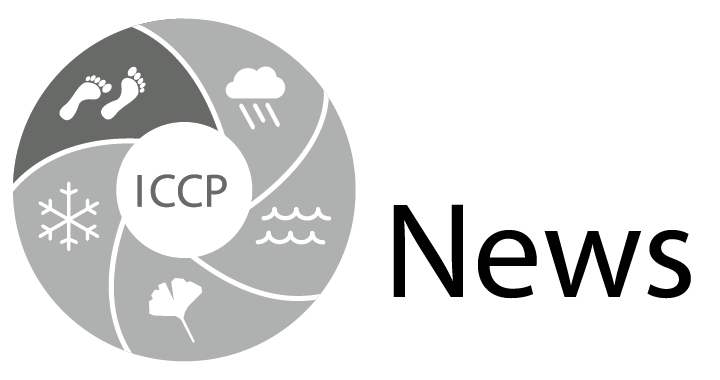
Author Archive: UJeong Seo


Seminar by Balu Nadiga_Probabilistic and Generative Machine Learning Based Modeling of Earth System Processes
We focus on the use of probabilistic and ensemble machine learning (ML) methods to facilitate the modeling of Earth system processes. The techniques we consider range from generative ML models […]

Unprecedented Warming Threatens Earth’s Lakes and their Ecosystems
Lakes, with their rich biodiversity and important ecological services, face a concerning trend: rapidly increasing temperatures. A recent study published in Nature Geoscience by an international team of limnologists and climate modelers […]
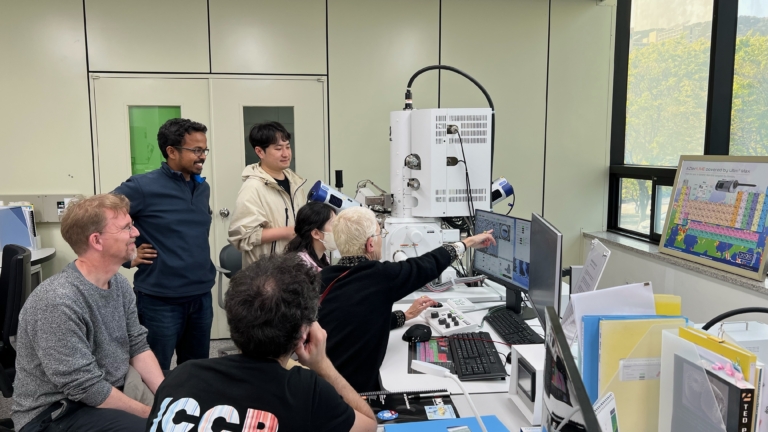
Feature Interview with Prof. Silvia and Dr. Andrea Borsato
Speleothem experts Prof. Silvia Frisia and Dr. Andrea Borsato both from the University of Newcastle in Australia visited the IBS Center for Climate Physics (ICCP) from April 3 ~ 12, […]
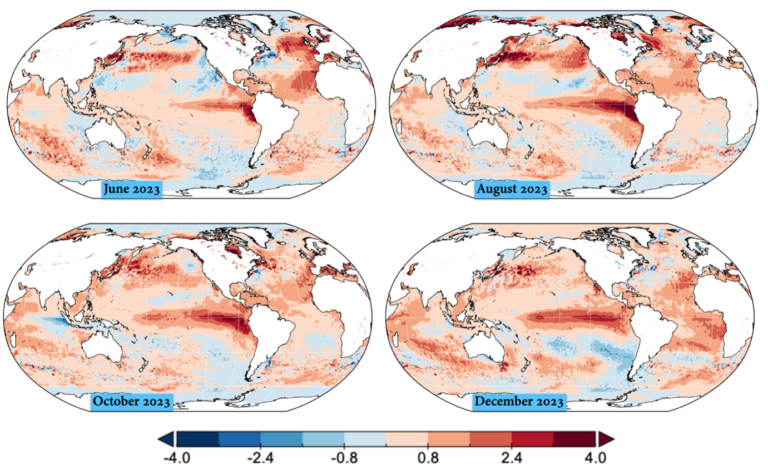
2023 – a year to be remembered
Allow me to take you on a little walk down memory lane. 2023 was, from a climate scientist’s perspective, an extremely unusual and surprising year: it will be remembered by […]
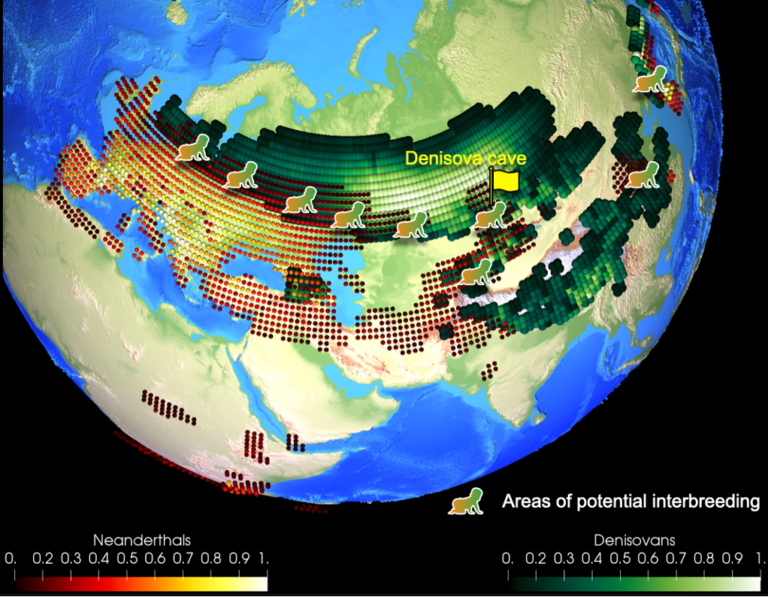
A climate-orchestrated early human love story
A new study published in the journal Science by an international team finds that past changes in atmospheric CO2 and corresponding shifts in climate and vegetation played a key role […]
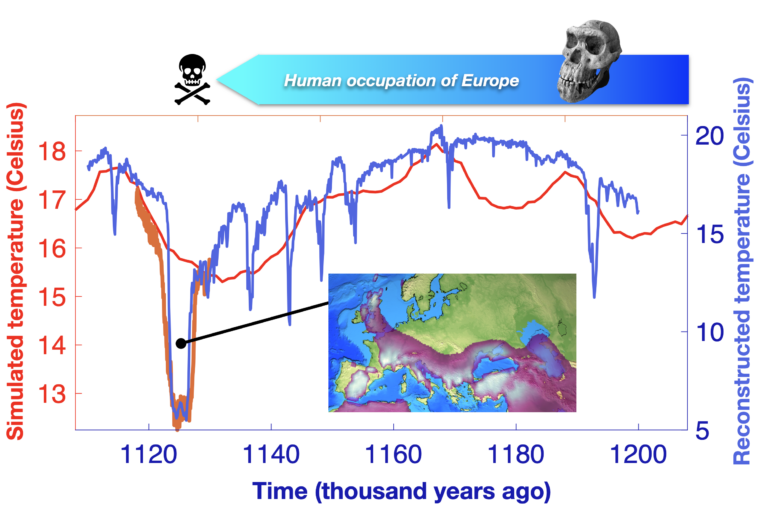
How a massive North Atlantic cooling event disrupted early human occupation in Europe
A new study published in the journal Science finds that around 1.12 million years ago a massive cooling event in the North Atlantic and corresponding shifts in climate, vegetation and […]

Human ancestors preferred mosaic landscapes and high ecosystem diversity
A new study published in the journal Science by an international team finds that early human species adapted to mosaic landscapes and diverse food resources, which would have increased our […]
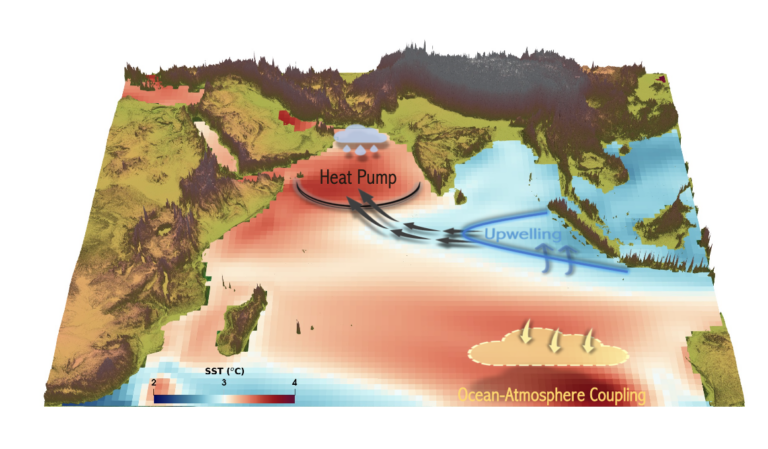
Uneven Indian Ocean Warming unlocked
A study published in Nature Communications by an international team of climate scientists uncovers the physical mechanisms that can cause uneven future warming in the Indian Ocean and corresponding shifts […]

Global Warming Milestones
The Nobel Prize in physics in 2021 went in part to two gentlemen in their 90s: Prof Klaus Hasselmann from Germany and Dr. Syukuro Manabe from Japan/United States (Figure 1). […]